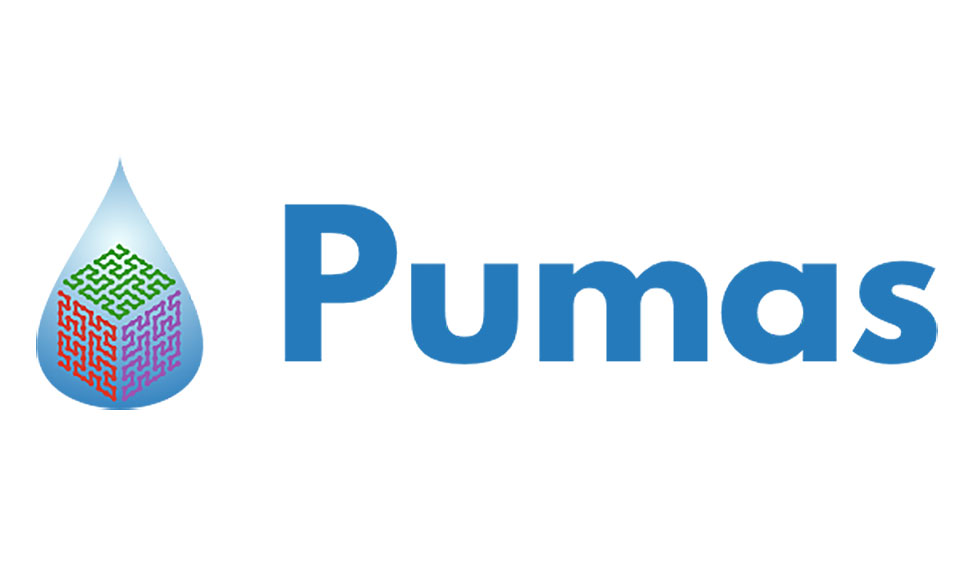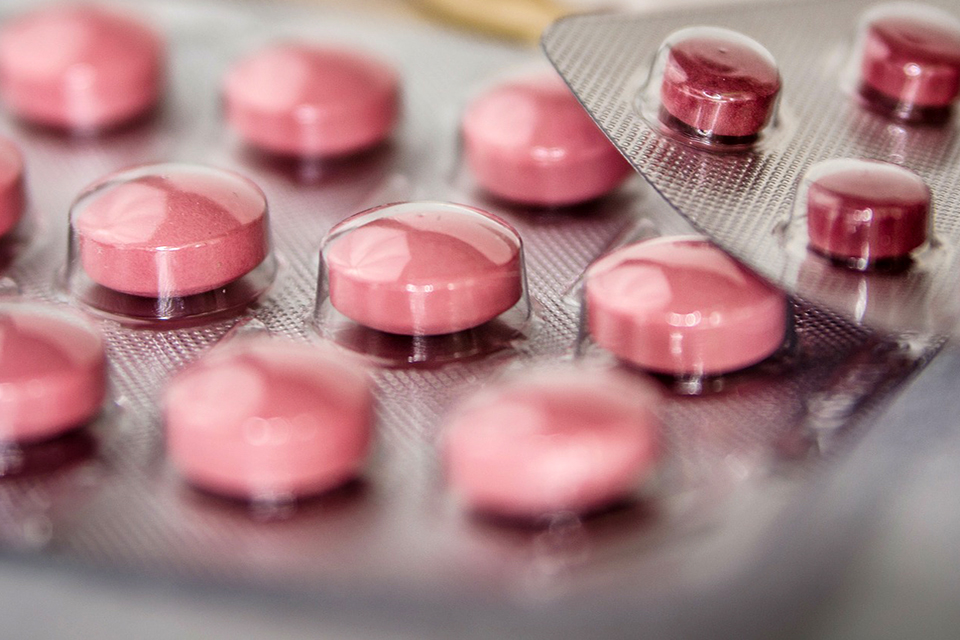New SOP Master’s Program Welcomes Inaugural Class
Designed for current professionals, the MS in Pharmaceutical Sciences (Pharmacometrics) program aims to cultivate scientific leaders in the growing field of pharmacometrics.
By Malissa Carroll
October 2, 2012
The University of Maryland School of Pharmacy has established a new MS in Pharmaceutical Sciences (Pharmacometrics) program to provide current professionals with the tools to transform into decision-making pharmacometricians and quantitative translational scientists. With its launch this fall, the program has generated significant interest among professionals in the areas of pharmacology, engineering, statistics, pharmaceutical sciences, and epidemiology.
“The creation of our new MS in Pharmaceutical Sciences program allows us to meet the emerging needs of clinical trials design from a scientific perspective,” says Natalie D. Eddington, PhD, FAAPS, FCP, dean and professor of the University of Maryland School of Pharmacy. “The program is appealing to students because of its online learning format that has attracted professionals with careers in industry and students looking to expand their knowledge into this new arena.”
Joga Gobburu, PhD, MBA, FCP, professor in the Department of Pharmacy Practice and Science at the University of Maryland School of Pharmacy and School of Medicine, and director of the Center for Translational Medicine at the School of Pharmacy, oversaw this initiative and brings more than a decade of knowledge and experience in the field of pharmacometrics to the program.
“The knowledge and expertise Dr. Gobburu brings to the program is unmatched,” says Magaly Rodriguez de Bittner, PharmD, BCPS, CDE, professor and chair of pharmacy practice and science at the School of Pharmacy. “Before coming to the School of Pharmacy, he oversaw the establishment of a division of pharmacometrics at the Food and Drug Administration (FDA) where he received numerous awards for his work. This program is an important addition to ongoing clinical service initiatives in our department.”
In addition to expanding the clinical service initiatives within the Department of Pharmacy Practice and Science, the program also serves as an important addition to another department within the School of Pharmacy – the Department of Pharmaceutical Sciences.
“Pharmacometrics is a truly interdisciplinary area,” adds Andrew Coop, PhD, professor and chair of the Department of Pharmaceutical Sciences at the University of Maryland School of Pharmacy. “The program developed under the leadership of Dr. Gobburu is an excellent example of educational collaboration between the Department of Pharmaceutical Sciences and the Department of Pharmacy Practice and Science.”
The new MS in Pharmaceutical Sciences (Pharmacometrics) program is the only one of its kind designed to offer students the knowledge and skills needed to plan, perform, and interpret pharmacometric analyses and influence key drug development, regulatory, and therapeutic decisions. Designed for professionals with full- or part-time jobs, all courses are held online to allow students to learn at their own pace and at times most convenient to them.
“The program is unique in its format and quality on a global level,” says Raimund Peter, PhD, head of pharmacokinetics and pharmacometrics at a leading biotech company and new student in the MS in Pharmaceutical Sciences (Pharmacometrics) program. “It provides students around the world with the opportunity to learn from each other’s diverse cultures, training, and experience. Where else could I communicate with fellow students from India, while continuing my work in Germany and the United Kingdom? This program truly reflects the future of our field; the true globalization of our efforts to improve human health.”
“There are clear signs that pharmacometrics will become a critical catalyst that initiates the next wave of innovations in medicine,” adds Lisa Liao, vice president at Pharmax Research and another member of the MS in Pharmaceutical Sciences (Pharmacometrics) inaugural class. “Five years ago, textbooks on this topic were rare, and information was mostly obtained through forums and blogs. Dr. Gobburu’s program has helped me immensely in looking back and fully understanding the inner workings of pharmacometric analyses and the correct use of the tools currently available.”
The opportunity to gain hands-on training in state-of-the-art software applications, such as Phoenix WinNonlin, NLME, and Trial Simulator (Pharsight), also attracted students from across the United States and overseas alike. The program received more than 40 applications for its inaugural class. Twenty-six of those applications were accepted.
“My team and I have been overwhelmed by the tremendous support this program has received,” says Gobburu. “The goal is simple – to establish one of the most useful training programs in pharmacometrics, without borders. Our program will transform students into scientific leaders, allowing them to influence key decisions within their organizations and continue shaping the field in the future.”
Once enrolled in the program, new students also participate in the program’s “buddy system,” which matches students with participating industry leaders who share similar professional interests. Given the tremendous growth potential currently available in the field of pharmacometrics, graduates of this program will likely experience accelerated professional growth.
“Although I am quite advanced in my career, I see this program as an opportunity to enhance and diversify my experience for future challenges,” says Peter. “Receiving solid training in statistics, improving my PK(-PD) modeling and simulation skills, and — perhaps most importantly — acquiring skills that help me better influence decisions among the pharmaceutical industry, clinical investigators, and regulatory agencies such as the FDA, will better prepare me to confront the fundamental reshaping now occurring within the pharmaceutical and biotech industries.”
“I hope to walk away from this program with improved problem solving and communication skills, as well as a better understanding of key concepts in pharmacometrics that I cannot obtain from work experience alone,” adds Liao. “These are exciting times for the pharmaceutical industry, and although my future career plans are unclear, I know this program will prepare me for the endless possibilities afforded by a continuously evolving health care industry.”



